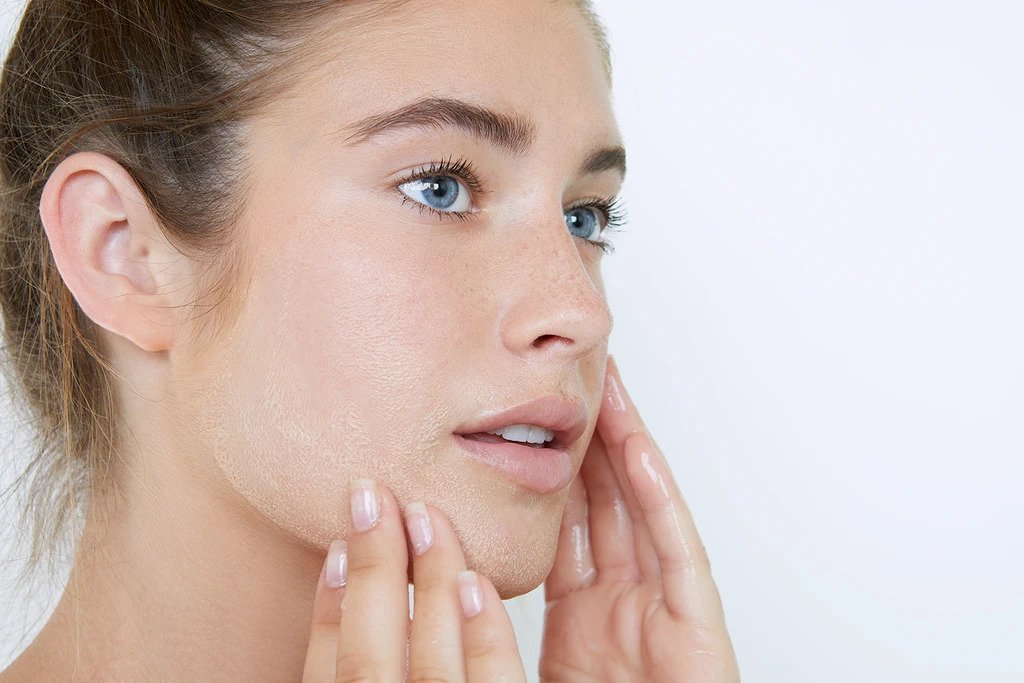Do you suffer from sensitive skin? If so, you may have many questions regarding how to treat this condition and reduce the symptoms you experience. Medical professionals often hear the same questions again and again. Fifteen questions people often ask about sensitive skin and their answers appear below.
What is Sensitive Skin?
Men and women often state they have sensitive skin because their skin becomes tight or red when it comes into contact with certain substances. Other people say their skin itches, burns, or stings when these substances touch the skin. However, dermatologists look for certain things when making a diagnosis of sensitive skin. This includes extremely dry skin, blushing, skin flushing, and skin reactions. These men and women benefit from products such as wax beads for sensitive skin.
What Leads to a Sensitive Skin Reaction?
Eczema, allergic contact dermatitis, rosacea, and other allergic skin reactions or skin disorders lead to a sensitive skin reaction. Skin that sustained damage or is overly dry becomes unable to protect the skin’s nerve endings and skin reactions occur. Finally, excessive exposure to certain environmental factors can bring about a skin reaction.
What Tests Might a Doctor Run When Diagnosing Sensitive Skin?
Doctors may conduct patch testing to see if the patient suffers from any allergies that contribute to or cause sensitive skin. Other than this patch testing, doctors cannot test for sensitive skin, as there are multiple factors that bring about this condition. They may try to narrow down potential causes without testing, so it never hurts to ask what they think might contribute to the problem.
How Should I Clean My Sensitive Skin?
Men and women need to experiment with different cleansing methods to find the one appropriate for their sensitive skin. They should avoid soaps with fragrances and perfumes when cleaning the face, as they often contain detergents or deodorant. Look for soap-free cleaners and liquid face cleansers. Cleansing creams and disposable washcloths irritate the skin less than soaps as well.
How Should I Choose Skin Care Products?
When choosing products for sensitive skin, look for those that contain few ingredients and little to no fragrance. Avoid products with alcohol,retinoids, alpha-hydroxy acids, and deodorant or antibacterial ingredients. All have been known to irritate sensitive skin.
Can I Wear Makeup with Sensitive Skin?
Women find they can wear makeup with sensitive skin. However, they must choose their products carefully. Face power with few preservatives and silicone-based foundations rarely irritate the skin, but waterproof cosmetics need to be avoided. They require the use of a special Cleanser that can lead to irritation.
How Can I Test for a Reaction?
Before using any new product, a person with sensitive skin must test for a reaction. Place a small amount of the product behind one ear and see if this skin becomes irritated. Repeat this process for a few nights to see if repeated use leads to a reaction. If not, place a small amount alongside one eye and look for a reaction. If there is no irritation, use the product as intended.
How Can I Protect My Skin When Outdoors?
Wear sunscreen whenever outside, even during the winter months. Look for a broad-spectrum product with an SPF of 30 or higher. Try to avoid being outside between the hours of 10 am and 4 pm, as this is when the sun is most intense. During the winter months, take warm baths rather than hot and always use a moisturizer on the face and body.
Which Materials Are Good for My Clothing?
Certain fabrics irritate sensitive skin, and men and women must pay attention to this when shopping for new clothes. Look for soft, natural fabrics with a smooth texture, such as silk and cotton, as they help to draw moisture away from the body. Clothes should be loose and have a minimum of folds and creases to prevent skin irritation.
Should I Use Hypoallergenic Products?
Don’t assume a product that states it is hypoallergenic is safe for sensitive skin. The federal government hasn’t issued standards regarding the use of the word “hypoallergenic”, which means a consumer can’t know exactly what they are getting. Each company has a different definition of this term, so consumers must test any new product they try.
Is It Possible to Tell If a Product Is More Likely to Irritate My Skin?
Men and women can access the Household Products Database maintained by the National Institutes of Health and the National Library of Medicine to see the ingredients in a household product. They can then see if the product contains any ingredients they know they react negatively to. This makes it easier to narrow available choices when shopping.
Does My Diet Affect My Sensitive Skin?
People want to know if the foods they eat make their skin more sensitive. Following a healthy diet benefits the entire body, including the skin. For this reason, every person needs to watch what they eat.
Is Sensitive Skin Passed Down Through the Generations?
Many people find they get their sensitive skin from their parents or grandparents. Certain skin conditions do run in families, including psoriasis, rosacea, eczema, and acne, and they have been linked to sensitive skin. However, skin irritation caused by a product isn’t hereditary.
Do Children Outgrow Sensitive Skin?
Some children do outgrow their sensitive skin as they do other skin conditions. For example, half of all children suffering from eczema outgrow it by the time they hit the teen years, and 80 percent of men and women find they no longer struggle with acne outbreaks when they reach their 30s. However, psoriasis remains a lifelong condition.
Do Men Suffer From Sensitive Skin?
Men often find they suffer from sensitive skin. However, they fail to mention this to their doctor. Don’t make this mistake, as the doctor can be of help in identifying possible causes and recommending remedies.
Get help with your sensitive skin. Lifestyle changes may be of help in addressing this common skin condition. Furthermore, there may be an accompanying disorder that can be treated to help bring the problem under control. You’ll never know until you ask, so speak to your doctor today. You may find the problem becomes a thing of the past once you take this simple step.























